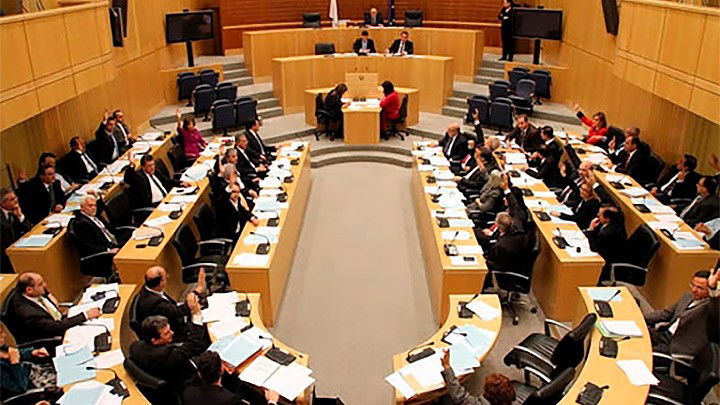Thailand releases draft bill for casino legalization, unveils regulatory structure

The Thai government has released a draft bill aimed at regulating the country's casino industry, with the establishment of a central regulatory body based in Bangkok and strategically placed branches across the nation.
The draft bill, spanning 22 pages, was made public by Thailand’s Council of State and is open for public feedback until August 18. The bill calls for the creation of a Policy Committee chaired by the Prime Minister, supported by an Executive Committee tasked with managing the budget and staffing of the regulatory body.
The draft bill outlines a detailed structure for the regulation of integrated entertainment venues including casinos. The primary regulatory body, based in Bangkok, will have branches or representatives as necessary across the country. The stated mission of this body is to “regulate, supervise, control, promote, and support integrated entertainment venues in accordance” with the Act.
The Policy Committee, led by the Prime Minister, will oversee the formulation of key casino policies. These policies include management guidelines, the issuance of licenses, tax rates, permitted business types, entry levies, employee criteria, executive criteria, and permitted casino floor space.
The Deputy Prime Minister will serve as Vice Chairman, with nine senior government officials as directors, including ministers from finance, tourism, social development, commerce, interior, justice, the Royal Thai Police, and the National Defense Commission, as well as the Secretary-General of the Board of Investment.
Six expert committee members will be appointed by the Prime Minister, required to be Thai nationals at least 35 years of age with expertise in economics, business administration, law, or social sciences. These members must not be current government officials or employees of state agencies, and they must have no criminal record or history of political office.
The Executive Committee, chaired by a Prime Minister-appointed individual, will include nine permanent secretaries from the aforementioned ministries and departments, plus three expert members also appointed by the Prime Minister. This committee will handle the budgetary and staffing needs of the regulatory body.
Gambling industry to boost Thai tourism sector
Licensees will be granted an initial 30-year license term, renewable every five years for potential 10-year extension. The draft bill lists 10 business types that can be part of Thailand’s integrated entertainment venues, including department stores, hotels, restaurants, nightclubs, stadiums, yacht clubs, gaming facilities, swimming pools, amusement parks, cultural promotion areas, and other businesses specified by the Policy Committee.
Studies predict that the liberalization of the gaming industry could boost Thailand’s tourism revenue by $12 billion. Potential locations for these entertainment complexes include Greater Bangkok, Phuket, Chiang Mai, and Chonburi (Pattaya), all within 100 kilometers of major airports. The required paid-up capital for these complexes is set at $283 million.
Major international casino operators such as Galaxy Entertainment Group, MGM Resorts, and Las Vegas Sands have already expressed interest in entering the Thai market. The draft bill proposes a 17 percent tax on gross gaming revenue (GGR), similar to previous signals, and a “reasonable” entry levy for Thai nationals akin to the Singapore model.
The bill also specifies that integrated resorts must include at least four entertainment businesses, such as a restaurant, amusement park, department store, or cultural promotion area. Currently, legal gambling in Thailand is limited to state-controlled horse racing and lotteries, but illegal gambling remains widespread.
Following the Cabinet’s approval, the bill will be debated and possibly amended in Parliament. The Policy Committee, chaired by Prime Minister Srettha Thavisin, will oversee the development and implementation of regulations. Day-to-day operations will be managed by a new government body, the Comprehensive Entertainment Commission.
Operators will face financial commitments including an initial license fee of 5 billion baht ($141.9 million), a 100,000 baht application fee, and an annual fee of 1 billion baht. Thai nationals will be required to pay a 5,000 baht fee for each casino entry.

















































